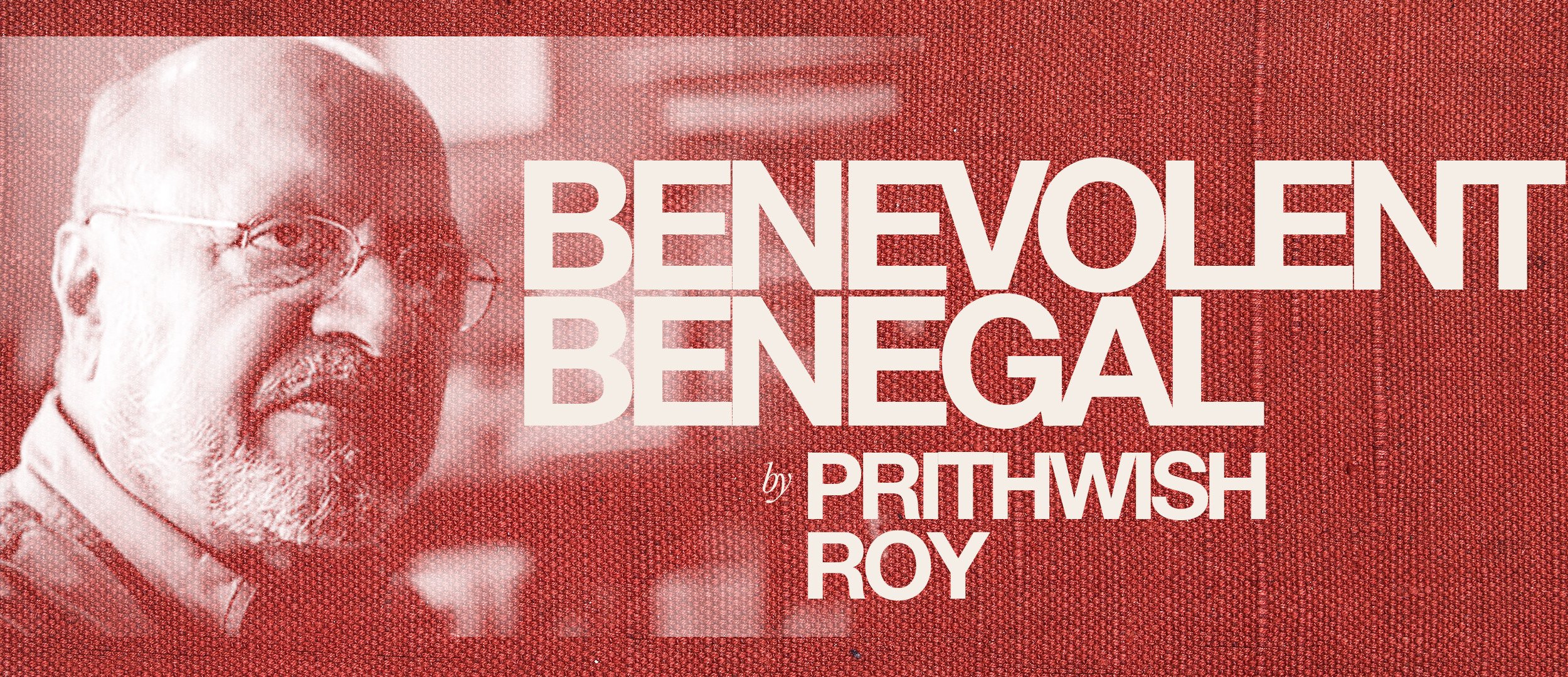

Once a wise man quoted, few months before he took his last breath: “There are people who have done wonderful things. There’s nothing unique in what one has done. You do what you think you want to do. That’s nothing unique. Climbing Mount Everest is unique.” The title in context matches irrevocably to the humbleness and faith being restored in Indian Cinema, reinstating the depth of the word ‘auteur’ all over again, making us remind of which stories to root for whenever we want to narrate the emotions of countrymen.
Shyam Benegal, a name quite popular amongst cinephiles or senior citizens, has been quite a familiar figure with respect to his films than his name. A director always understating his feats of achievement, Benegal’s films has always spoken about the dream of a new country, having hope of a dynamic revolution in the core. Whether be it his female characters finding a voice of their own in an Ankur or a Mandi, or portraying India as a phoenix from the ashes through Bose: The Forgotten Hero or The Making of The Mahatma — even a mere concept of building a community within a village in Manthan through milk trading is also an example of his resilience in revolutionary directions.
His films were never really celebrated as a celebration of filmmaking, or a monument in international acclaims. Even if it did, it never resonated throughout the ages. It has always been a case of ready recognition through his works. While he made a documentary on the works of Satyajit Ray, still being considered as one of the exemplary talents in India, his works has always reflected on the greatness of an entity, what it has been or what it can be, never in the case of what it could have been.
While penning down this article, of all the impacts I could think of, the most significant must be his nationalist vision in every story. Even in his adaptation of Dharambir Bharati’s Suraj Ka Satvan Ghoda, he portrays the protagonist’s journey as an allegory to the changing political climate of our country and how it’s reflecting on the relationship with the others. Withstanding all caste and religion barriers, getting Naseeruddin Shah to play Chhatrapati Shivaji in Bharat Ek Khoj is a bold feat even new age directors will find it hard to reciprocate, given the scarcity of ideas and the meddling in creative decisions.
Even if his works are celebrated in future, in unison as a note of legacy to a filmmaker who just passed away, the voice of originality will be still as distinct and bold as it ever was. Yet the gentleness his films always carried, with a note of hope and desire always in sync, especially with the female protagonists. Let us all hope he is reincarnated as Mammo, still living happily in his place, without the fear of infiltration, just pretending to be a ghost.
